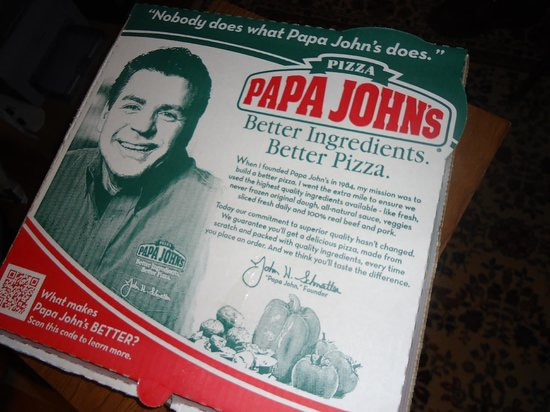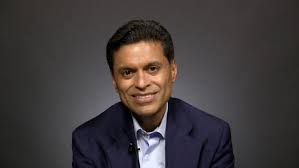
A new book published by Harvard Business Review highlights how Whole Foods founder John Mackey’s philosophy has played a central role in the grocery chain’s distinct reputation and success.
Whole Foods’ “higher purpose” is reflected in everything from its longstanding “Declaration of Interdependence” to its recent ban on unsustainable seafood. One key way the company established its distinct reputation was by providing customers with “information and narrative, along with the food.” “It told stories about where the food came from, putting up displays by the seafood counter with photographs and descriptions of the real fishermen who had caught it all,” Nick Paumgarten wrote in a 2010 New Yorker profile of Mackey. Paumgarten also cites the company’s decentralized management structure as a “key contributor to Whole Foods’ success, and to its reputation and self-image as a progressive business,” and that the “high degree of autonomy” of regional divisions and individual stores has fostered “creativity and a sense of ownership.” Some stores, for example, have added bars serving craft beer and local wine, while the company’s Portland, Maine location sells live lobsters. Whole Foods’ strong reputation springs from the fact that its core ideals are reflected throughout its operations.
Mackey’s unique perspective, principles and personality have been the source of the Whole Foods’ guiding philosophy, but, as the CEO of dairy company Stonyfield Gary Hirshberg told Paumgarten, Mackey is “management’s greatest asset but also, at times, its greatest challenge.” In 2007 an FTC investigation revealed that he had anonymously attacked a competitor in online financial forums prior to Whole Foods’ offer to buy the company. That led to a realization, Mackey told Paumgarten: “If I wanted to continue to do Whole Foods, there couldn’t be any part of my life that was secretive or hidden or that I’d be embarrassed [about] if people found out about it.” Such radical transparency has generally served Whole Foods well, though there are exceptions, such as Mackey’s 2009 Wall Street Journal op-ed on health care reform, which triggered a social media-fueled boycott.
That response may have inspired Mackey to more closely examine the expectations that accompany his business’ reputation. According to a Wall Street Journal article from last February, Whole Foods “doesn’t want to be known as the pricey grocery store for well-heeled, organic-food sophisticates” and has implemented a “price perception” strategy to counter that reputation. The outcry didn’t, however, move Mackey to recant his opinion on health care. “So many politicians and C.E.O.s get to be sort of boring, because they end up suppressing any individuality to conform to some phony, inauthentic way of being,” he observed in Paumgarten’s profile. “I’d rather be myself.”






 Fareed Zakaria rose quickly into the rarefied strata of the prominent public intellectual after he authored a Newsweek cover story (“Why They Hate Us”) on the 9/11 attacks. He’s an extraordinarily prolific writer, hosts a television program, and makes frequent public appearances.
Fareed Zakaria rose quickly into the rarefied strata of the prominent public intellectual after he authored a Newsweek cover story (“Why They Hate Us”) on the 9/11 attacks. He’s an extraordinarily prolific writer, hosts a television program, and makes frequent public appearances.


